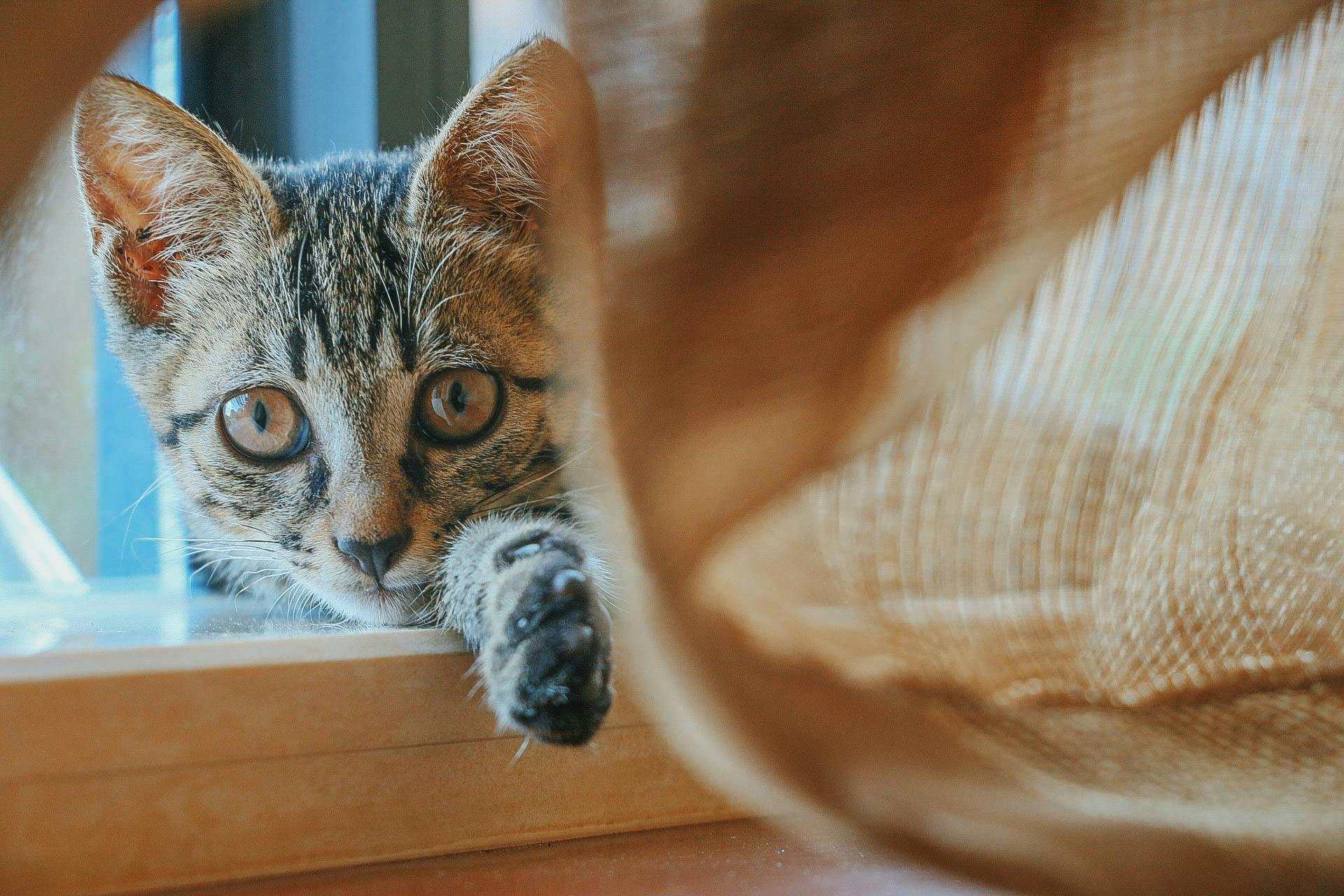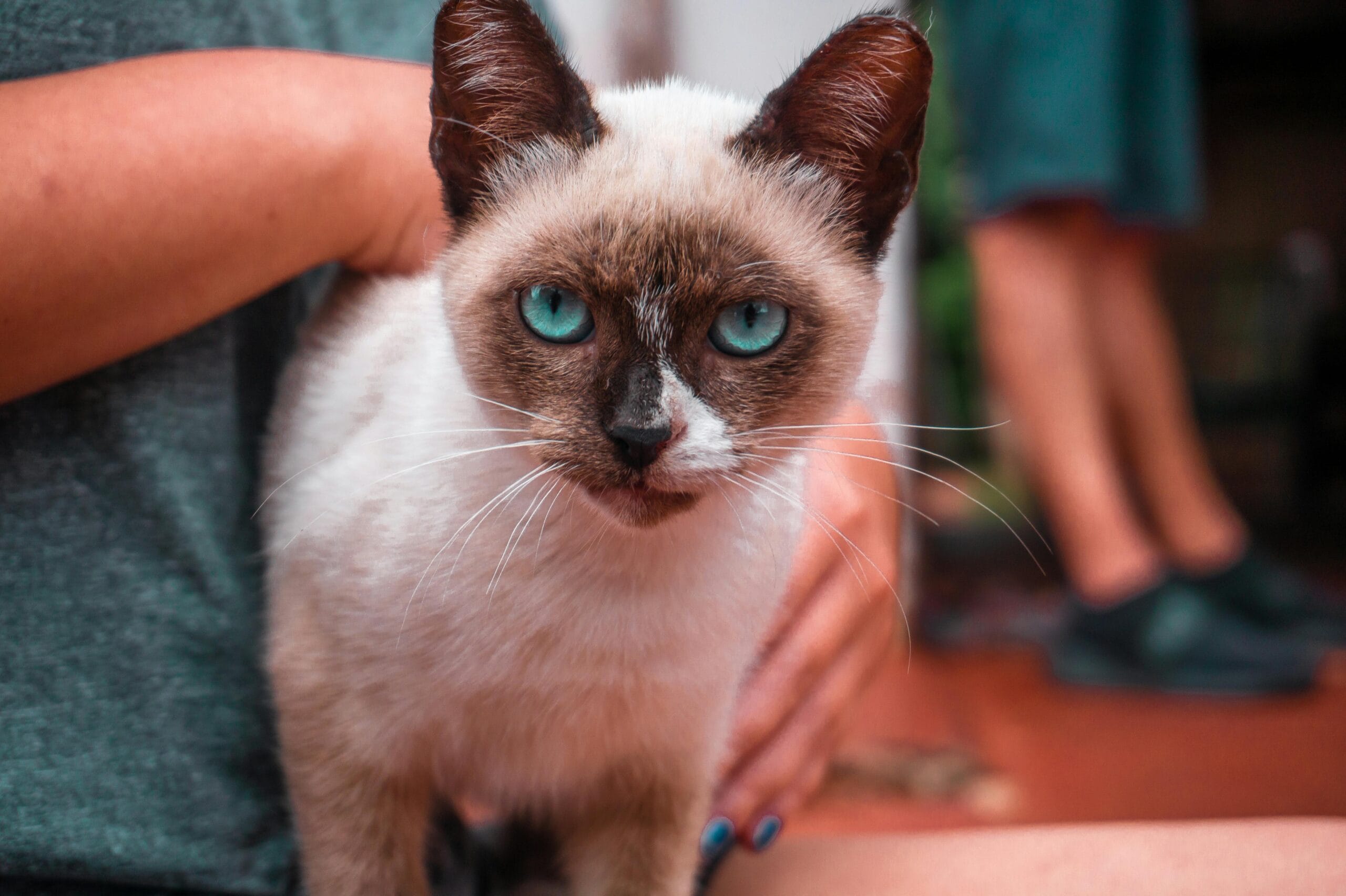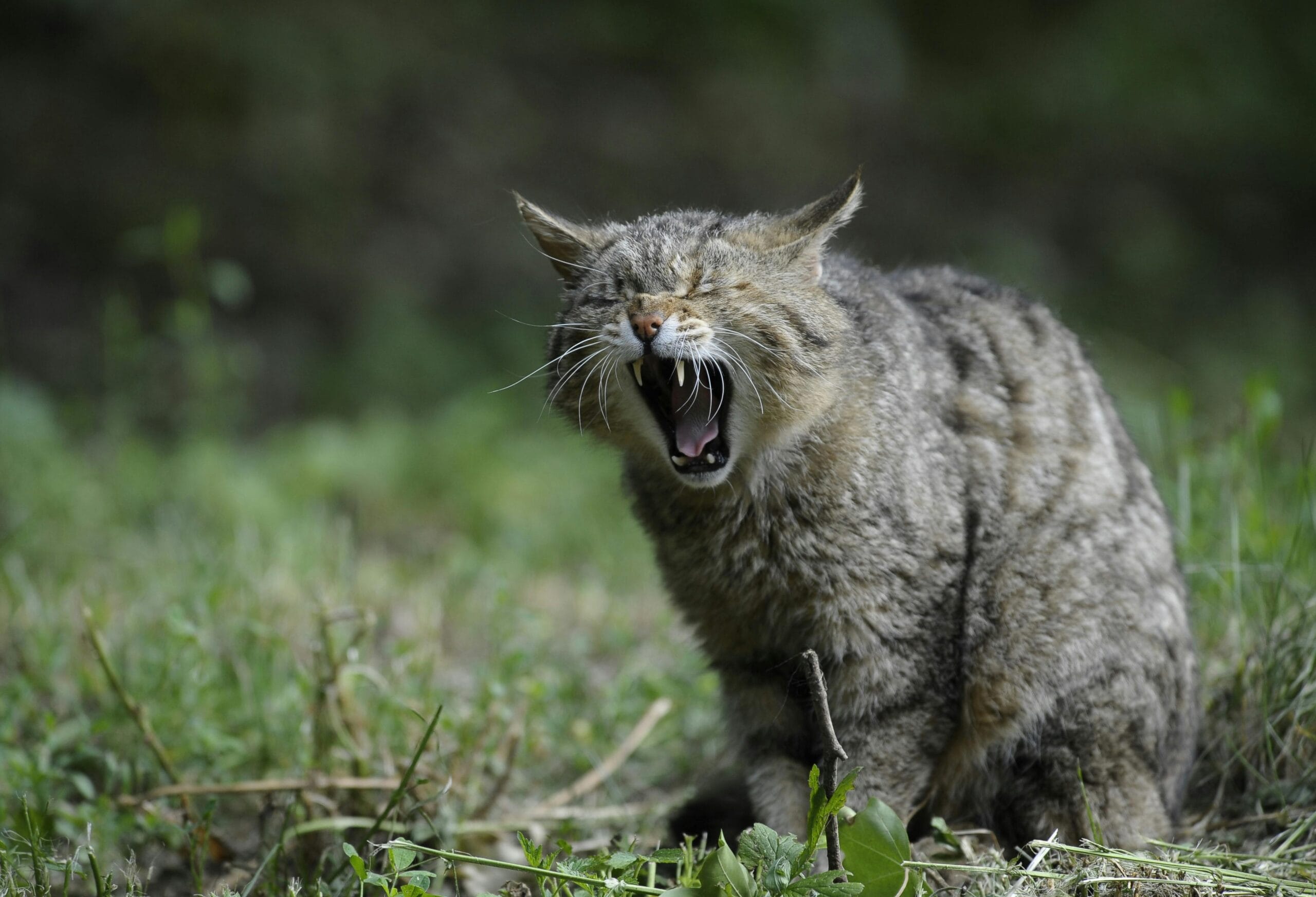How To Get Kitten To Stop Biting ?

How To Get Kitten To Stop Biting? Learn effective techniques to stop kitten biting & curb unwanted nipping behavior. Get a playful, well-behaved kitten! Solutions for kitten biting problems.
How To Get a Kitten To Stop Biting: A Comprehensive Guide
Bringing a new kitten into your home is an exciting time, filled with playful antics and adorable snuggles. However, a common frustration for new kitten owners is dealing with excessive biting. Understanding why kittens bite and learning effective strategies to curb this behavior is crucial for a harmonious relationship with your feline friend. This comprehensive guide will explore various techniques to address the issue of kitten biting and help you achieve a more peaceful coexistence. We’ll cover everything from understanding the root causes of stop kitten biting to implementing positive reinforcement methods. Learning how to get kitten to stop biting is a journey, but with patience and consistency, you can help your kitten develop better manners.
Understanding Why Kittens Bite
Before diving into solutions, it’s essential to understand why kittens bite in the first place. Kittens, unlike adult cats, lack the finesse and control over their bites. Their biting often stems from a few key reasons:
- Teething: Like human babies, kittens experience teething pain and discomfort. Biting can be a way to alleviate this pain and explore their world through their mouths.
- Play: Kittens are naturally playful creatures. Biting is often a part of their play, mimicking the hunting behavior they would exhibit in the wild. They are learning to hunt and practice their pouncing, grabbing, and killing instincts.
- Exploration: Kittens use their mouths to explore their surroundings, similar to how babies use their hands. Everything they encounter – your hands, feet, furniture – becomes a potential object for investigation via biting.
- Over-excitement: When kittens become overly stimulated during play, their excitement can translate into nipping and biting. They may not intend to hurt you, but their enthusiasm overrides their ability to control their bite.
- Fear or Stress: In some cases, biting can be a sign of fear or stress. A kitten might bite if it feels threatened, cornered, or uncomfortable.
Effective Strategies to Stop Kitten Biting
Now that we’ve explored the “whys,” let’s delve into practical strategies to address the issue of how to get kitten to stop biting. The key is consistency and patience; it takes time and effort for a kitten to learn appropriate behavior.
1. Redirect the Behavior
When your kitten starts biting, immediately redirect its attention to a more appropriate toy. Offer a toy mouse, a feather wand, or a crinkly ball. This helps associate biting with playtime and not with your hands or feet. Keep a supply of interactive toys handy so you’re always prepared to redirect your kitten’s energy.
2. Positive Reinforcement: Rewards for Good Behavior
Positive reinforcement is one of the most effective how to get kitten to stop biting methods. When your kitten plays appropriately without biting, reward it with praise, treats, or a favorite toy. This creates a positive association with non-biting behavior and encourages its repetition. The American Society for the Prevention of Cruelty to Animals (ASPCA) offers excellent resources on positive reinforcement training for cats.
3. “Ouch!” and Time-Outs
When your kitten bites, immediately say a firm “ouch!” in a high-pitched tone. This helps the kitten understand that its action caused you discomfort. Then, gently but firmly remove yourself from the play situation for a few minutes. This isn’t punishment; it’s a consequence. The kitten learns that biting leads to the end of playtime.
4. Appropriate Playtime
Providing ample opportunities for appropriate play is crucial in addressing kitten biting. Engage your kitten in interactive play sessions using toys that encourage pouncing, chasing, and batting. This helps burn off excess energy and satisfy their natural hunting instincts in a safe and acceptable manner. The Humane Society provides great advice on selecting appropriate cat toys.
5. Nail Trimming
Regularly trimming your kitten’s nails can minimize the damage inflicted by biting. While it won’t completely eliminate biting, shorter nails will make the bites less painful and less likely to draw blood. You’ll need a specialized cat nail clipper to perform this task safely and effectively. Always seek veterinary guidance if you have any questions about nail trimming.
6. Environmental Enrichment
Ensure your kitten has an enriched environment that includes climbing structures, hiding places, and plenty of toys. A bored or understimulated kitten is more likely to resort to biting out of frustration or boredom. Providing a stimulating environment can significantly reduce the incidence of biting.
7. Patience and Consistency
Remember, it takes time and consistency to change a kitten’s behavior. Don’t get discouraged if you don’t see immediate results. Stay patient and consistent with your approach, and you’ll eventually see a reduction in biting. The International Cat Care website offers a wealth of information on cat behavior and training.
Dealing with Severe Biting
If your kitten’s biting is severe or aggressive, it’s important to seek professional help. A veterinarian or certified cat behaviorist can assess the situation and provide tailored advice and guidance. They can rule out any underlying medical conditions that might be contributing to the behavior and develop a customized behavior modification plan.
When to Seek Professional Help for Kitten Biting
While many instances of kitten biting can be managed with patience and the techniques described above, some situations warrant professional intervention. Seek help from a veterinarian or certified cat behaviorist if:
- The biting is excessively aggressive or causes significant injury.
- The biting doesn’t improve despite consistent efforts at home.
- You suspect an underlying medical condition might be contributing to the biting.
- The biting is accompanied by other concerning behaviors, such as excessive vocalization or fear.
Conclusion: A Peaceful Coexistence with Your Kitten
Addressing how to get kitten to stop biting requires understanding, patience, and a consistent approach. By implementing the strategies outlined in this guide, you can significantly reduce your kitten’s biting behavior and foster a stronger, more positive relationship. Remember to celebrate small victories and stay committed to the process. With time and effort, you’ll enjoy a peaceful and loving home environment with your playful feline companion. Learning how to stop kitten biting is an investment in a happy and healthy relationship with your pet.
Share Your Experience!
We’d love to hear about your experiences with kitten biting and the strategies you’ve used to address this common issue. Share your successes, challenges, and tips in the comments section below! Let’s build a supportive community to help each other navigate the joys and challenges of kitten ownership. What methods have worked best for you to help your kitten stop kitten biting?

10 FAQs: How To Get My Kitten To Stop Biting?
1. Q: My kitten loves to bite! How can I stop this behavior?
A: Kitten biting is common, stemming from play instincts and teething. To address “how to get kitten to stop biting,” focus on providing appropriate outlets for their energy. Offer plenty of interactive play with toys (feather wands, toy mice), redirecting their biting to the toys. When they bite you, give a firm “ouch!” and immediately withdraw your hand, making yourself less engaging. Consistency is key.
2. Q: My kitten bites really hard! Is this normal?
A: While playful nipping is normal, hard biting isn’t. It indicates your kitten may not understand bite inhibition. Address “how to get a kitten to stop biting hard” by consistently withdrawing attention when they bite too hard. Positive reinforcement training with treats when they play gently is also helpful. If the biting is aggressive, consult a vet to rule out underlying medical issues.
3. Q: My kitten only bites when they’re excited. How do I stop this “excited biting”?
A: Excited biting is a common form of “kitten biting.” The key to “how to get kitten to stop biting when excited” is to prevent over-stimulation. End play sessions before your kitten gets too worked up. Introduce calm down periods with gentle petting or quiet playtime. Teach your kitten to associate excitement with gentle interactions.
4. Q: What’s the best way to discipline my kitten for biting?
A: Punishment is rarely effective and can damage your bond. Instead of punishment, focus on positive reinforcement for “how to get kitten to stop biting”. Reward gentle behavior with treats and praise. When they bite, a firm “ouch” and withdrawal of attention are sufficient. Never yell or hit your kitten.
5. Q: My kitten is teething – will the biting stop when they’re done teething?
A: Teething contributes to kitten biting, but it’s not the sole cause. While some biting might decrease as your kitten grows, it won’t automatically stop. Use teething toys to help relieve discomfort and continue teaching bite inhibition. Even after teething, consistent training is crucial for “how to get kitten to stop biting.”
6. Q: How long does it usually take to stop a kitten from biting?
A: It varies, depending on the kitten’s age, temperament, and consistency of training. You might see improvement within weeks, but consistent effort is needed for long-term success in “how to get kitten to stop biting”. Be patient and celebrate small victories.
7. Q: My kitten is biting my feet! Any tips for stopping this?
A: Foot-biting often occurs when your kitten feels playful or wants attention. The principles of “how to get kitten to stop biting” remain the same: redirect to toys, remove your feet when they bite, and reward appropriate behavior. Try wearing socks or slippers to make your feet less appealing targets.
8. Q: Should I use a spray bottle to stop my kitten from biting?
A: Spray bottles are generally discouraged. They can frighten your kitten and damage your relationship. Focus on positive reinforcement and redirection. Using aversion techniques is rarely effective in addressing “how to get kitten to stop biting.”
9. Q: My kitten bites my other pets. How do I stop this?
A: Inter-pet aggression needs careful management. Ensure each pet has adequate resources (food, water, toys, hiding places). Supervise interactions, and separate them if biting occurs. If the problem persists, consult a veterinarian or a professional pet behaviorist for guidance on “how to get kitten to stop biting” other animals.
10. Q: When should I worry about my kitten’s biting and seek professional help?
A: If the biting is aggressive, excessive, or doesn’t improve after consistent training, consult a vet or certified cat behaviorist. Underlying medical conditions or behavioral issues might need professional attention to effectively address “how to get kitten to stop biting”.

How to Get a Kitten to Stop Biting: Practical Tips and Health Considerations
Kitten biting is a common problem, but with patience and understanding, you can teach your furry friend gentler play habits. This guide offers practical tips and addresses potential underlying health issues.
Understanding Kitten Biting
Kittens bite for several reasons: teething, exploring their environment through their mouths, excitement, and play. It’s crucial to distinguish between playful nipping and aggressive biting. Playful biting is usually less forceful and accompanied by other playful behaviors. Aggressive biting, however, is harder, more deliberate, and may involve hissing or growling.
Practical Tips to Stop Biting
1. Positive Reinforcement Training:
Reward good behavior! When your kitten plays gently, offer praise, treats, or a favorite toy. This positive reinforcement teaches them what you want.
2. Redirection Techniques:
If your kitten starts biting, immediately redirect their attention to a more appropriate toy. A crinkly toy, a feather wand, or a stuffed mouse can often distract them.
3. Controlled Play Sessions:
Schedule short, supervised play sessions using interactive toys. This helps them burn off excess energy and reduces the likelihood of biting out of boredom or frustration.
4. “Ow!” and Withdrawal:
When bitten, make a high-pitched “Ow!” sound. Immediately withdraw your hand or body part, completely ignoring the kitten for a few seconds. This mimics the reaction of another cat, teaching them that biting leads to the end of interaction.
5. Kitten-Appropriate Toys:
Provide plenty of age-appropriate toys that encourage healthy chewing and play. Avoid toys that look like fingers or hands, to prevent confusion.
6. Environmental Enrichment:
A stimulating environment with climbing structures, scratching posts, and hiding places can reduce boredom and frustration, decreasing biting.
7. Socialization:
Early socialization is key. Expose your kitten to different sights, sounds, and people to help them develop into a well-adjusted cat.
Health Considerations
Persistent or aggressive biting could indicate an underlying health problem. Consult your veterinarian if:
- Biting is excessive or unusually aggressive.
- Your kitten seems unusually irritable or withdrawn.
- There are changes in your kitten’s appetite, litter box habits, or sleeping patterns.
Your veterinarian can rule out any medical conditions contributing to the biting behavior and offer additional advice.
Conclusion
Stopping kitten biting requires consistency and patience. By combining positive reinforcement, redirection, and addressing potential health concerns, you can help your kitten learn appropriate play behaviors and build a strong, loving bond.
1 thought on “How To Get Kitten To Stop Biting ?”